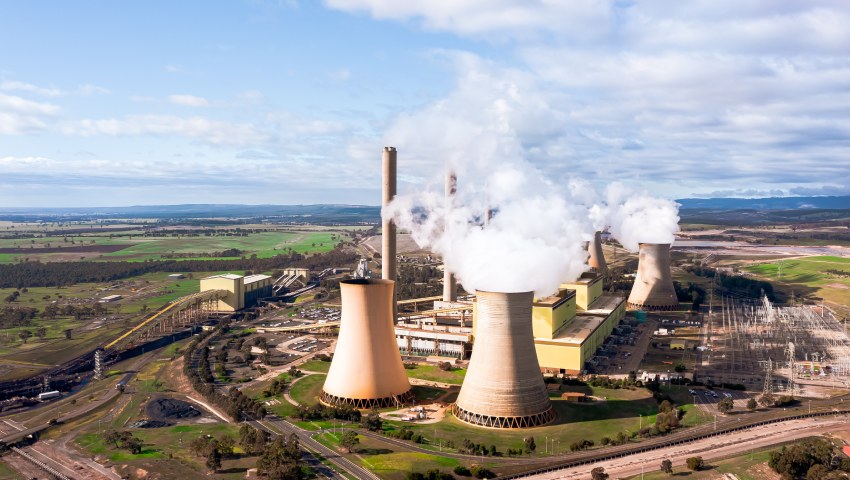As energy prices increase, so do the costs of maintaining and equipping a military.
To continue reading the rest of this article, please log in.
Create free account to get unlimited news articles and more!
Last December, Defence Connect published an analysis into energy security threats likely to be faced by future governments and militaries.
Surmise to say, if an army marches on its stomach, then a wartime economy hums on the reliability of its energy sources.
Perhaps prophetically, Jake Hecla of the Department of Nuclear Engineering at the University of California, Berkeley in War on the Rocks last year wrote: “Imagine the following scenario: A punishing conflict between NATO and Russia grinds on in Eastern Europe as winter closes in. Poland, starved of natural gas and with its civilian power grid under recurring cyber attack, suffers supply-line interruptions and unprecedented diesel shortages.
“NATO forces find themselves unable to meet their own energy needs at major bases … Should the base prioritise powering up the drone-killing close-in weapons system or the surface-to-air missile battery?”
While Western militaries aren’t yet rationing energy and prioritising weapons systems, one mustn’t forget that Russia:
- Still hasn’t declared war (at least officially) on Ukraine;
- Russian energy companies are still deciding to reap the profits of gas sales to Europe, ipso facto powering their enemies.
Things can get far worse, and this week, it appears that they have.
Just days ago, Russia’s gas behemoth Gazprom announced that it intends to reduce the sale of gas through Nord Stream 1 into Europe by 59 per cent.
Such a reduction will not only hurt households and small businesses, but severely undermine the financial resilience of Europe’s largest economies.
Already, between May 2021 and 2022, producer prices in Germany increased by a reported 33.6 percent – with energy being a leading driver of price growth at 87.1 per cent.
Not only do such stark figures illustrate a marked increase in the price of civilian output, but also herald a substantial increase in the costs of military maintenance, innovation and industrial capability.
“Germany is a case study — perhaps the case study — of a Western middle power which made a strategic bet on a full embrace of interdependence and globalisation in the late 20th century: it outsourced its security to the US, its export-led growth to China, and its energy needs to Russia,” Constanze Stelzenmüller, senior Fellow at the Center on the United States and Europe testified to the US Commission on Security and Cooperation in Europe.
Following Gazprom’s recent bombshell, you’d be right to project further increases in energy prices.
Though the recent spike in energy prices is not just isolated to Russia’s invasion of Ukraine.
In March, Germany’s federal office of statistics confirmed that prices “for energy produced in Germany” throughout the previous year has increased by 68 per cent, representing substantial pre-invasion price increases.
So, according to the Clean Energy Wire, what are some of the causes of Europe’s spikes in energy cost?
“Unfavourable weather conditions” that resulted in a decline in wind power is one, and the closure of three German nuclear power plants is another.
So, will Australia learn from the mistakes of our friends in Europe and maintain an independent energy policy based upon tried and tested fuels?
Not if Australia listens to the cacophony of zealots and self-appointed energy-cum-international relations-cum-military experts.
And certainly not if we listen to the brightest sparks among them, who somehow argue with mouth foaming fervour that the recent security deal between the Solomon Islands and China stems from Australia’s alleged inaction on climate change.
Pro-tip: China produces more emissions in 16-days than Australia does in an entire year.
As our friends in Europe have come to realise, maintaining energy reliability amid global uncertainty is an incredibly fine line to walk.
Let’s not make it harder for ourselves.
[Related: China’s mineral dominance threatens defence industry]
Liam Garman
Editor – Defence and Security, Momentum Media

 Login
Login








